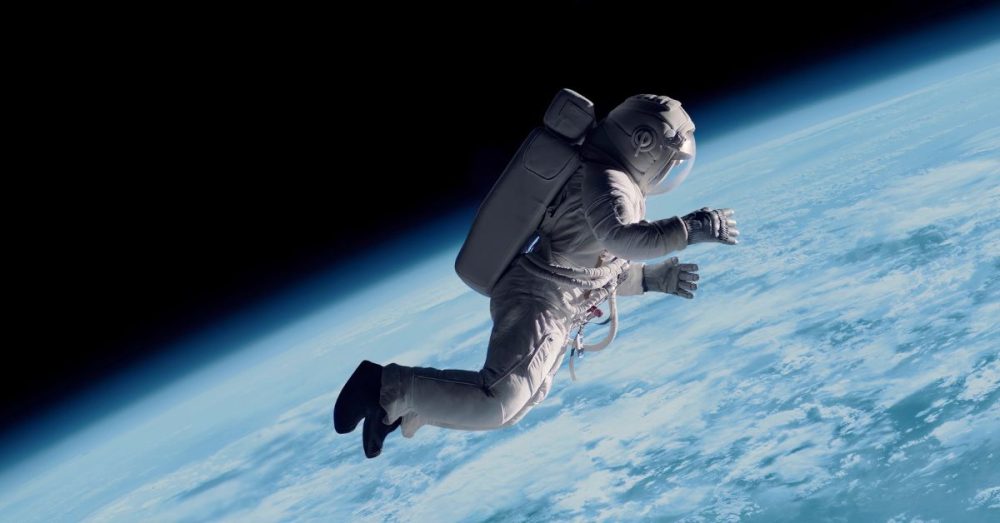With the minimum length of a trip to Mars estimated to be 21 months, a new study sheds light on one of the biggest challenges to making such a mission a reality.
NASA recently celebrated the completion of a simulated Mars mission — the first of three planned simulations. The crew of four spent 378 days on a 1,700-square-foot simulated Mars surface. As part of the simulation, the crew faced communication delays of up to 22 minutes in each direction, making communication with mission control, as well as friends and family, challenging.
“When you have that communication delay, everything looks different,” Suzanne Bell, lead for NASA’s Behavioral Health and Performance Laboratory at Johnson Space Center, told ABC News. “You’re not getting the news in real-time and you’re not talking to your family and friends on the phone.”
NASA announced Monday that it had selected a new team of four researchers for a 45-day simulated mission inside a 650-square-foot habitat. The mission will begin on August 9.
However, Duke University School of Medicine reports on a hurdle that NASA will have to solve to make missions to Mars a reality. Here’s the start of the story:
Medications used by astronauts on the International Space Station might not be good enough for a three-year journey to Mars.
A new study led by Duke University School of Medicine reveals that more than half of the medicines stocked in space, such as pain relievers, antibiotics, allergy medicines, and sleep aids, would expire before a Mars mission ends and astronauts return to Earth.
Astronauts could end up relying on ineffective or even harmful drugs, according to the study published July 23, 2024, in npj Microgravity, a Nature journal.
“It doesn’t necessarily mean the medicines won’t work, but in the same way you shouldn’t take expired medications you have lying around at home, space exploration agencies will need to plan on expired medications being less effective,” said senior study author Daniel Buckland, MD, PhD, an assistant professor in the Department of Emergency Medicine at the Duke University School of Medicine and aerospace medicine researcher.


